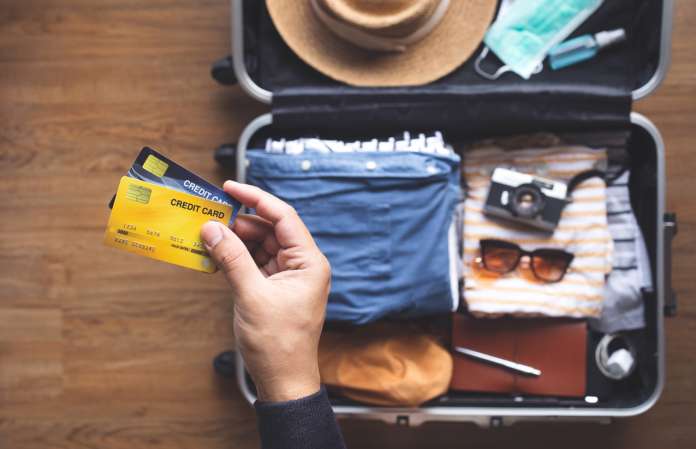
Thailand is finally reopening for tourism after two years of consecutive border closures and complex entry restrictions. Even though it is slowly allowing more foreigners to visit again, the entry process for Thailand is due to undergo some permanent changes, as the country intends to start charging an entry fee from August. The fee and ongoing confusion on inbound travel rules could put off potential medical travellers.
The Thai authorities proposed their own tourist tax in January 2022 and hopes the system will come into force by August.
There are however some unanswered questions, as the measure is yet to be implemented.
The entry fee will help develop attractions and cover insurance costs for foreigners unable to pay for health emergencies when travelling in the country. 250 baht (US$7) will be converted into funds to help Thailand develop its own tourism attractions, and the remaining 50 baht (US$1.50) will be used to cover any medical costs for foreign visitors.
At present, tourists are required to present a valid insurance policy with a minimum coverage of US$10,000 when arriving in Thailand. The internal argument is over whether or not to keep this ruling.
Talk of a vaccine pass is confusing as there is internal division on the need and how it would work.
Thailand currently still applies some of the strictest border regimes in South East Asia. While it has lifted a blanket ban on foreign tourists, it still treats passengers differently based on vaccination status.
Health authorities in the country are looking to replace the much-criticised Thailand Pass with a Thai Vaccine Pass for vaccinated tourists by June. Unspoken is the intent to deter unvaccinated visitors.
Current plans suggest different rules for Asia and simpler rules for U.S., Canadian, British and European citizens, who reside in countries with high vaccination cover and wide availability of vaccines.
There may be separate rules for medical tourism.
The simple conclusion is that with various authorities unable to agree among themselves on timing, regulation and methodology, potential medical tourists may choose to go somewhere else.







 ©2024 All rights reserved LaingBuisson
©2024 All rights reserved LaingBuisson 


